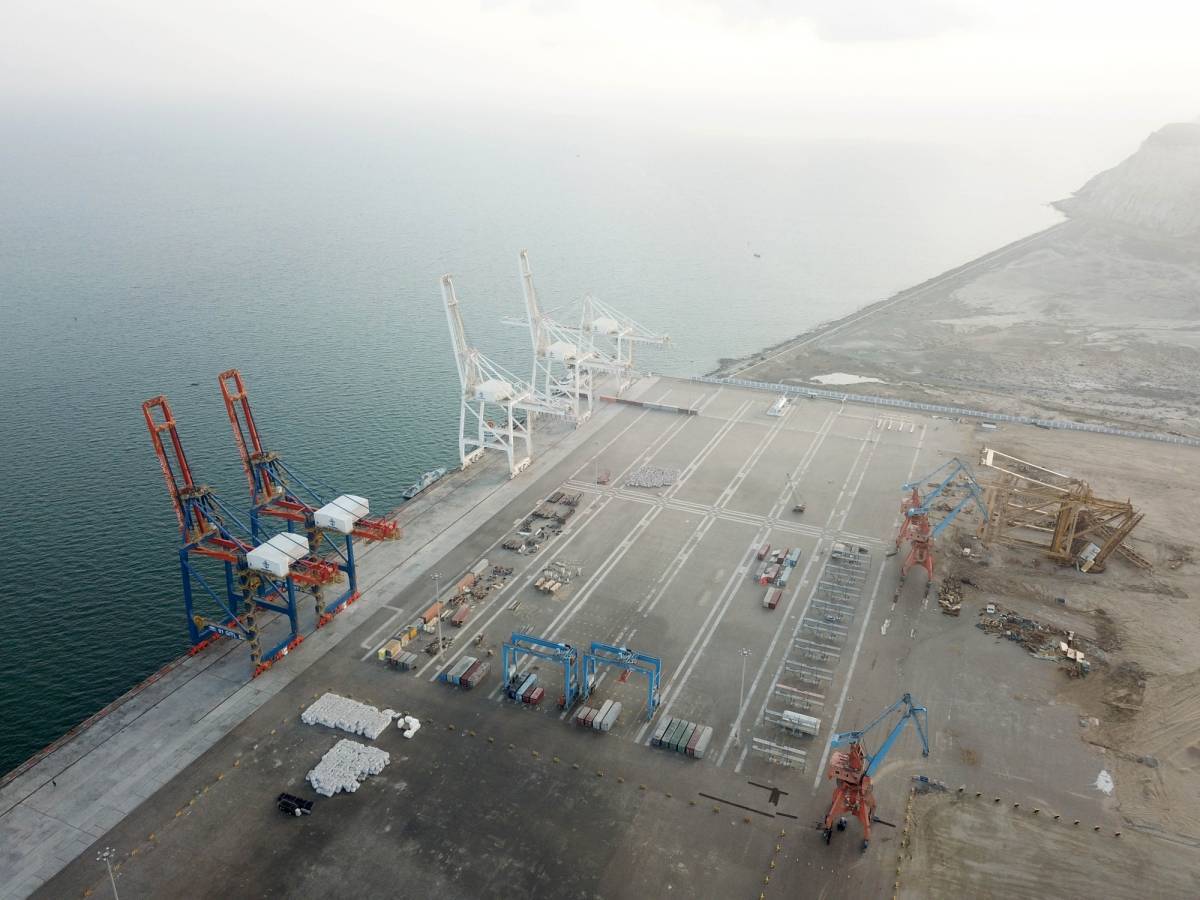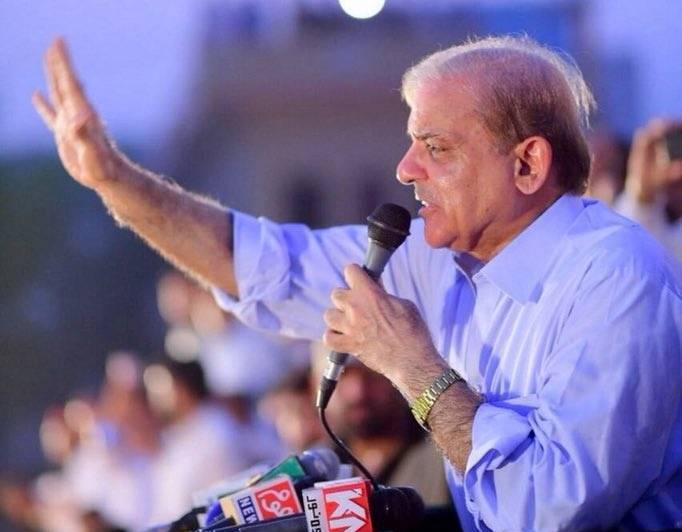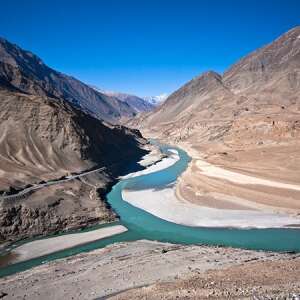This statement came after a report had stated that China is secretly building a high-security compound near Gwadar Port in Balochistan province which it will probably use for a naval base…reports Asian Lite News
China will seek to use Pakistan’s Gwadar Port, which comes under the multi-billion dollar China-Pakistan Economic Corridor (CPEC) project, as a military base, according to an expert.
In an interview with Junaid Qureshi, Director of European Foundation for South Asian Studies (EFSAS), Professor Matthew McCartney, an economics scholar at the School of African and Oriental Studies (SOAS), talked about the various issues related to China’s Belt and Road Initiative (BRI) in general and its flagship project, China Pakistan Economic Corridor (CPEC), in particular.
He said it is inevitable that China would at some point “seek to use the port in Gwadar as a military base to ensure the steady influx of foreign resources, but China is a very pragmatic country and would be careful of any premature militarization of the port as that would result in widespread antagonization.”
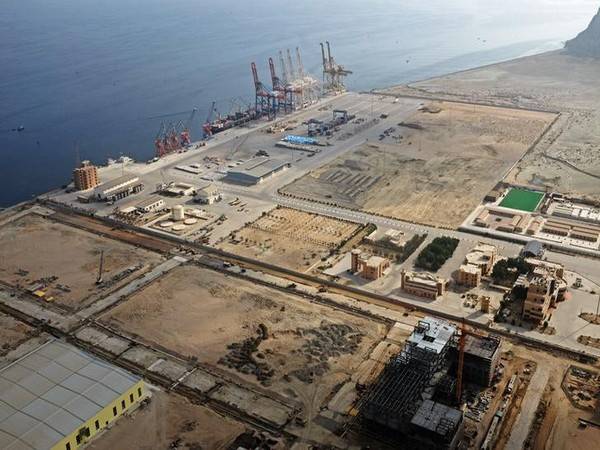
In 2015, China announced an economic project in Pakistan worth USD 46 billion. With the CPEC, Beijing aims to expand its influence in Pakistan and across Central and South Asia in order to counter the influence of the United States and India.
The CPEC would link Pakistan’s southern Gwadar port (626 kilometres west of Karachi) in Balochistan on the Arabian Sea to China’s western Xinjiang region. It also includes plans to create road, rail, and oil pipeline links to improve connectivity between China and the Middle East.
Talking about his new book ‘The Dragon from the Mountains: The CPEC from Kashgar to Gwadar’, McCartney outlined that his work focused on the long-term economic development impact the China-Pakistan Economic Corridor (CPEC) would have on Pakistan.
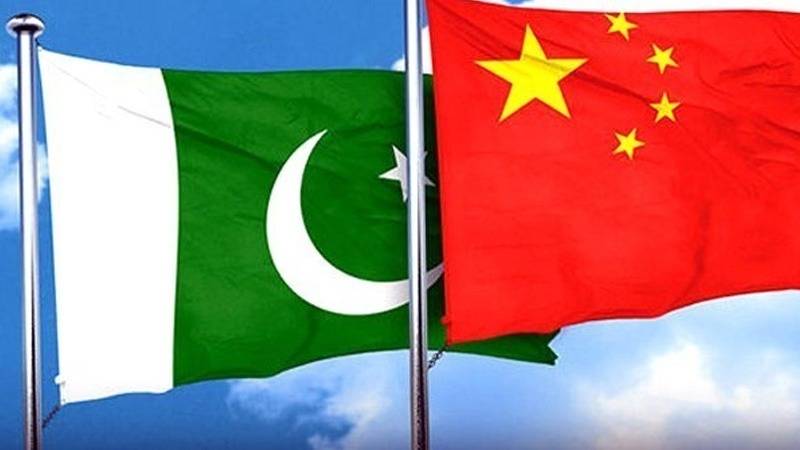
The book’s findings indicate that the truth lies somewhere in the middle: CPEC will probably benefit Pakistan, but according to Prof. McCartney, CPEC will not be an economic ‘game changer’ as it will not substantially change Pakistan’s growth-, investment- and employment rates.
To sustain higher growth levels, Professor McCartney argued, Pakistan would require additional foreign investments on top of the CPEC loans.
Meanwhile, last year in December, Pakistan’s National Security Adviser (NSA) Moeed Yusuf, had refuted the reports that Pakistan has offered a military base to China in the port city of Gwadar amid security concerns in the region.
This statement came after a report had stated that China is secretly building a high-security compound near Gwadar Port in Balochistan province which it will probably use for a naval base. (ANI)


